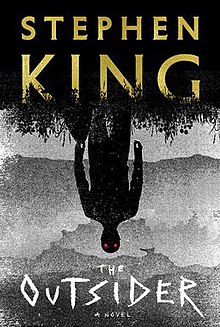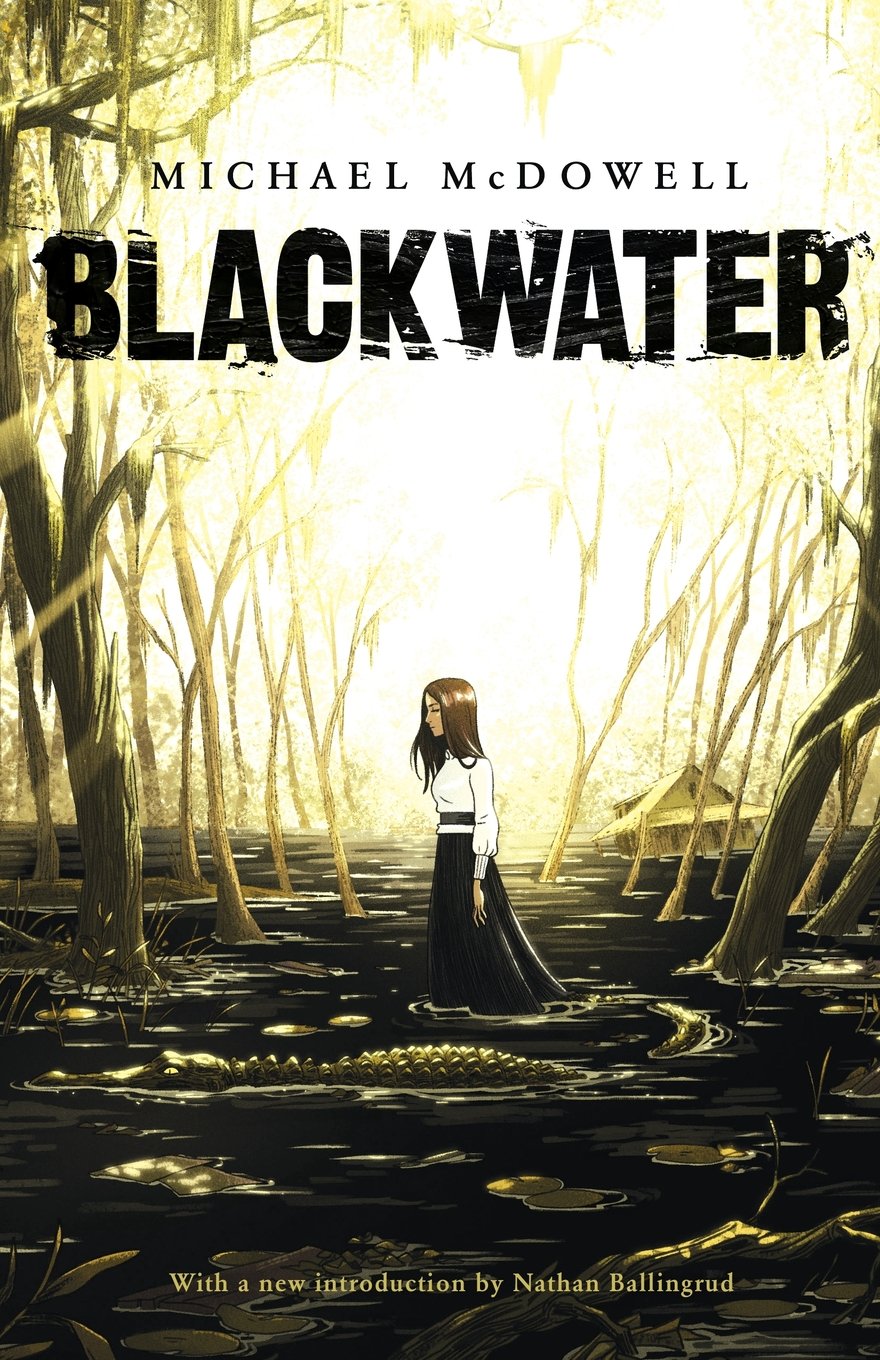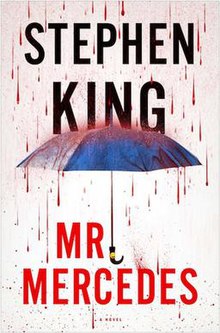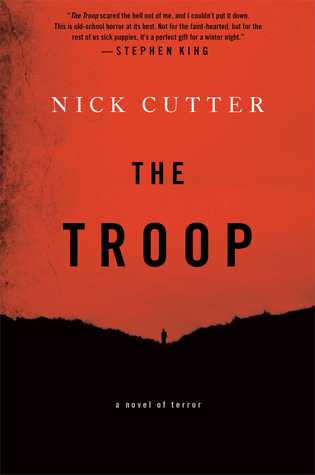 I just finished Michael Grunwald's The Swamp: The Everglades, Florida, and the Politics of Paradise. The book left me filled with conflicting emotions. I feel pride for my adopted state of Florida and the people that have worked so hard to make it such a fine place to live, and for our species for recognizing what a remarkable natural resource that The Everglades are. As Grunwald notes in his epilogue, there is "only on Everglades, and we have just about destroyed it. It is our ability to recognize this, and to make amends, that sets us apart from other species" (369).
I just finished Michael Grunwald's The Swamp: The Everglades, Florida, and the Politics of Paradise. The book left me filled with conflicting emotions. I feel pride for my adopted state of Florida and the people that have worked so hard to make it such a fine place to live, and for our species for recognizing what a remarkable natural resource that The Everglades are. As Grunwald notes in his epilogue, there is "only on Everglades, and we have just about destroyed it. It is our ability to recognize this, and to make amends, that sets us apart from other species" (369). It's a fine point, and one can't help but thank folks like Ernest Coe, Marjory Stoneman Douglas, Nathaniel Reed, Paul Tudor Jones, Lawton Chiles, countless leaders of the Seminole and Miccosukee Tribes, and an untold list of other journalists, politicians, environmentalists, and citizens that dedicated their lives to the restoration of the River of Grass.
But I also feel disgust that the twentieth-century ethic of "slash, cut, dredge, and pave" has left the Glades a shadow of its once-majestic self. I spent some time looking at some of the most recent CERP findings (data set 2012-2017) and, while restoration has yielded some positive benefits, sprawl is still encroaching on the western Everglades and remains a threat to environmentally sensitive areas such as Big Cypress.
South Florida is essentially built out. Grunwald notes this in his meticulously written book, which was published fifteen years ago, and that statement is even more true now. The limits for horizontal growth in South Florida have been met, and there will need to be drastic changes in how communities continue to plan and develop as we move forward in the new millennium.
I loved this book, and I purchased a copy for my father--a hydrologist that spent more than forty years with the United State Forest Service watching commerce and conservation clash in communities throughout Oregon, Washington, and Colorado. Grunwald is both a lyrical science writer with an active prose style and a careful technical writer that is able to connect the dots between a vast amount of disparate research items. He covers the topic of the Everglades evenly and fairly, acknowledging the various usurpations and thefts of the American government toward the native people of the region with sympathy and pathos. Like many other chapters in American history, the attempted settlement of the Everglades isn't all butterflies and rainbows, and it's clear that various interests with both positive and nefarious intentions collaborated to severely damage America's Everglades.
And yet, the text concludes on a slightly optimistic note by pointing toward a twenty-first-century dynamic of restoration and conservation that will allow the River of Grass to return to some semblance of its former glory. I hope I live to see that day, although the projections for restoring water flow to only 70% of its original capacity are still not scheduled to be met for another twenty years into the future.
I hope to visit the Everglades in the coming months, even if only for a short time, and I wanted to post a quick review saying kudos to Michael Grunwald on writing an important book, and kudos to the various agencies now working to restore these great wetlands to their former glory.
As Marjory Stoneman Douglas said, There are no other Everglades in the world.













